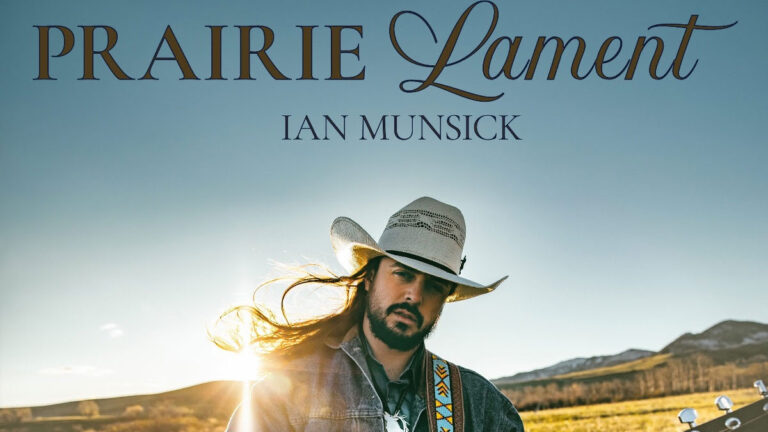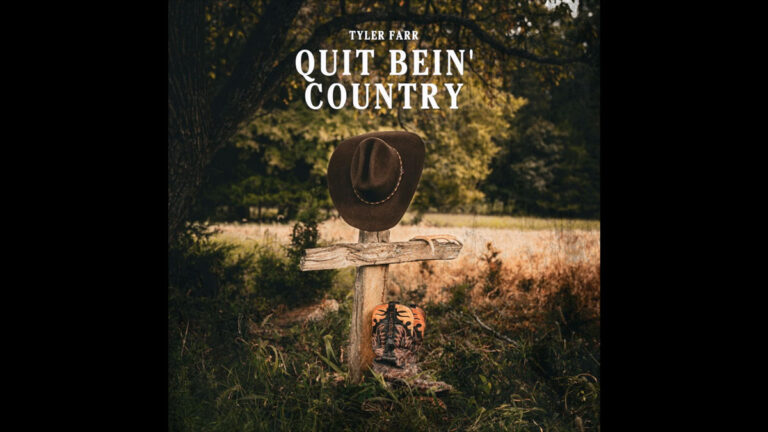The pair chatted during a Country Radio Seminar session
Luke Combs and Maren Morris appeared at Country Radio Seminar (CRS) to discuss diversity and accountability in country music. The pair spoke about the hot button topics through a one hour virtual workshop to radio programmers, DJs, music industry executives, and more on Wednesday (Feb 17th) to offer their views for leaning into a better future that calls for unity and more inclusion.
Combs apologized for his past use of the Confederate Flag, which was used during a video for Ryan Upchurch’s “Can I Get An Outlaw” years before signing his record deal. Still shots of the video resurfaced on social media after Combs released the timely “The Great Divide” earlier this month, causing Combs to explain the history behind his usage.
“As a younger man, that was an image that I associated to mean something else. And as I’ve grown in my time as an artist, and as the world has changed drastically in the last five to seven years, I am now aware how painful that image can be to someone else,” he says. “At the time that those images existed, I wasn’t aware what that was portraying to the world and to African American artists in Nashville that were saying, ‘Man, I really want to come in and get a deal and do this thing, but how can I be around with these images being promoted?’ And I apologize for being associated with that.”
The images show Combs standing in front of a Confederate flag and one on his guitar. He admits, “And there is no excuse for those images. … It’s not okay.”
Morris, who is from Texas, also didn’t understand the history behind the flag until she was a teenager.
“I’m from Texas. This is just sheer ignorance and privilege, but I did not know that the rebel flag meant what it meant until I was probably 15 or 16 years old. I mean, this is how horribly whitewashed history is and how it has failed us. ‘The south will rise again’ — those are all just terms thrown around. There was no explanation behind it. And I think a large majority of people that listen to country music don’t know, either, the deeper meaning of what that flag signifies. Or maybe that’s hopeful, wishful thinking, but I don’t think they understand what that really signifies,” she says.
Morris also wants to see the flag banned at country concerts and festivals, where many fans wave them in the parking lot. “I don’t want to play those festivals anymore,” she quips. “If you were a black person, would you ever feel safe going to a show with those flying in the parking lot?”
Morris has also been the subject of controversy herself recently as an outspoken advocate for diversity in country music and holding Morgan Wallen accountable for using the “N” word that was caught on video earlier this month.
“This isn’t about going after people or a fan base for sport,” Morris shares. “That doesn’t give me pleasure. But I think [by saying] ‘We’re different; we’re country; we protect our own; we don’t go after people in public’ … Well, I mean, going after someone saying the N-word is bad? That’s the least we can do is not say that. I think that your fans are a reflection of you and what you’re about. And you can’t control a human being, but you absolutely can let them know where you stand. And I appreciate Morgan saying ‘Quit defending me’ to his fans, because it’s indefensible. And he knows that; we know that… All we can do is, so there isn’t an elephant in the room, is say that out loud and hold our peers accountable.”
During last year’s CMA Awards, she named several black female country artists who she feels need to be recognized by the industry.
“I really didn’t set out to be this activist, and obviously none of us are the authority on racism, because we are white people in a space that is historically rooted in a lot of racism, so I think it’s really hard for me as a white person to deconstruct all of that. And I think the initial sort of white fragility moment is like, ‘I’m not racist. I haven’t done anything racist. I have friends that are black.’ Yada yada, you can go down the list. But I think once I took that layer away, it’s kind of liberating to not bow up anytime someone questions a motive or an action of yours. So I think that I’m still shedding that insecurity that white people especially in country music get when we don’t want to really face the history of this genre that I would say we all love dearly and has shaped us as human beings and as artists,” Morris states.
She continues, “But it is really important for me to look at that history, and know who created it. And how do I, as one person, have enough of a ripple effect and do what I’m doing in my own lane to make room for more black people that want to be in country music, whether that is a songwriter, an artist, a musician, or someone that wants to be in the industry? So I feel like that’s what I can do with my power as an artist.”
Both stars were set to appear for a CRS panel before the flag and Wallen controversies. However, Combs called Morris the day after the Wallen video surfaced, assuring the topic be changed.
“I think we just wanted everyone to know that we’re here and that we want to be stewards of our genre, because we are proud of it. And you do hear the old adage of ‘country music is a family, and I do believe that more than anything, but I want it to be a family that everyone can feel like they’re a part of,” Combs states. “Because it has changed my life; it has changed my band’s lives and my best friends’ lives that I write songs with. And I want everyone that wants to feel that to be able to experience it because it’s an incredible feeling. I just want everyone out there to be able to come into our community and be accepted and not feel excluded or pushed out. … I want those people to have the same opportunities that I had to feel that incredible feeling of having their dreams come true in the amazing genre that we have.”




